Talk Overview
Handelsman describes guidelines that she and her colleagues have developed to help scientists become better mentors. These include listening, asking questions, stating expectations and building independence. Good advice for scientists at all stages of their careers.
Speaker Bio
Jo Handelsman
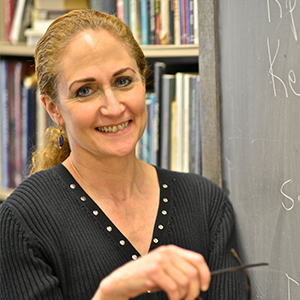
Jo Handelsman is a Professor at Yale University and a Howard Hughes Medical Institute Professor. She has implemented several programs to promote excellence in scientific teaching and she is the author of the books “Entering Mentoring” and “Scientific Teaching”. Continue Reading
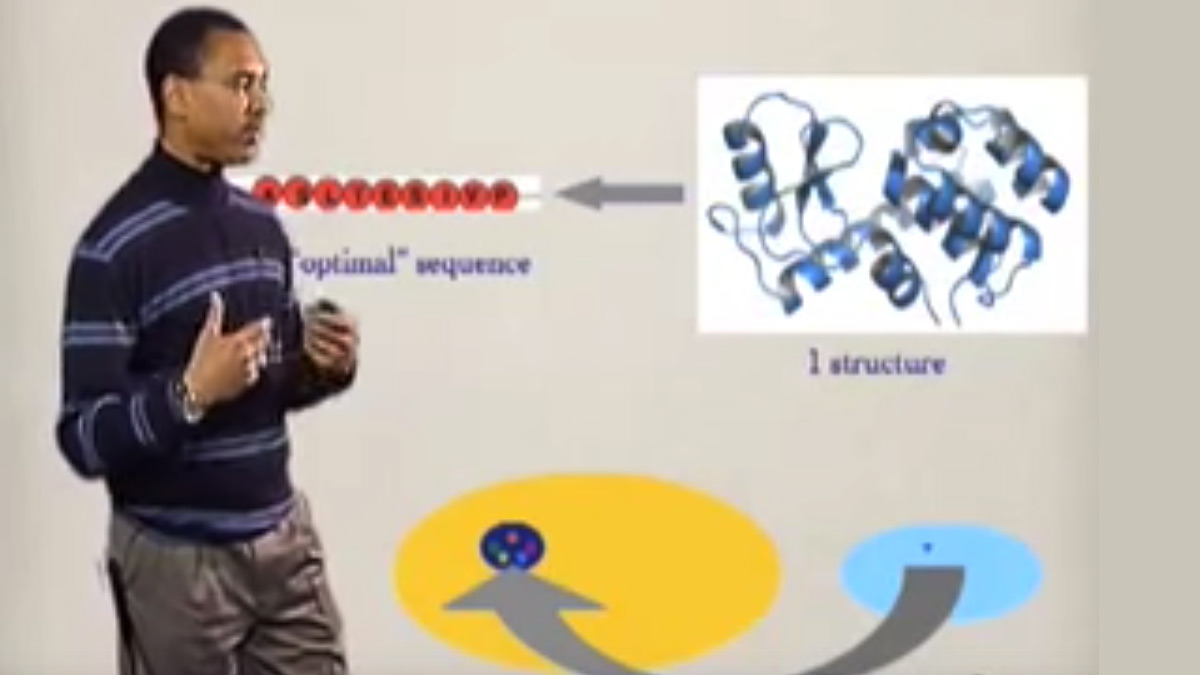
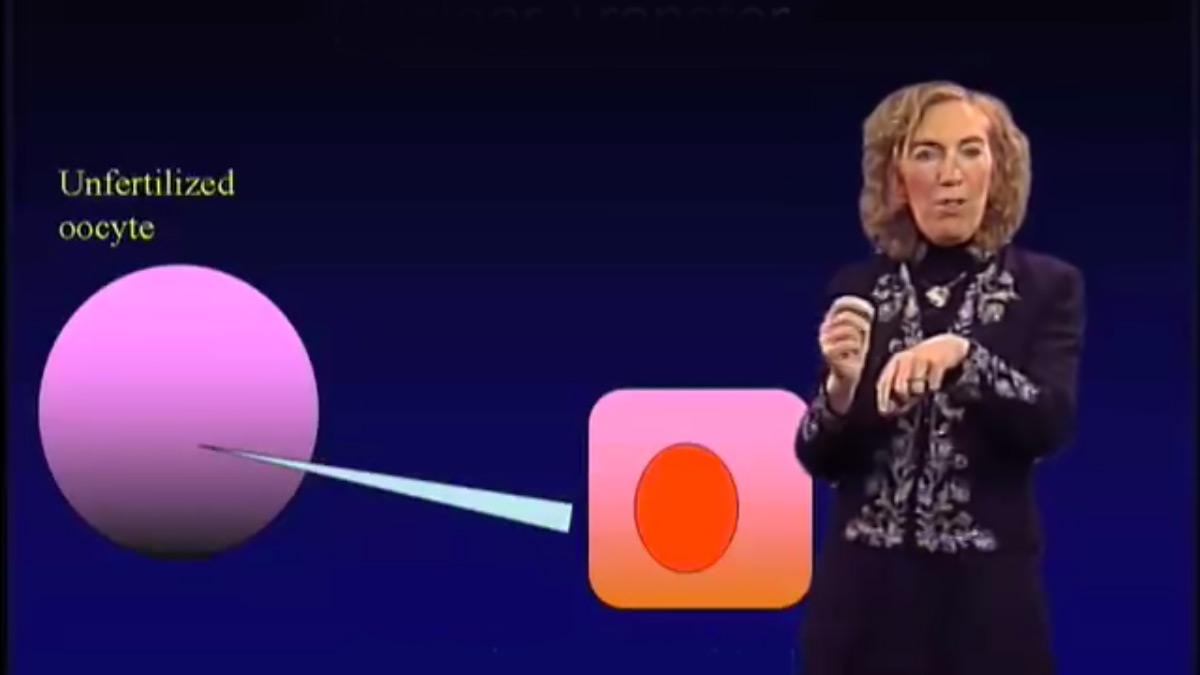
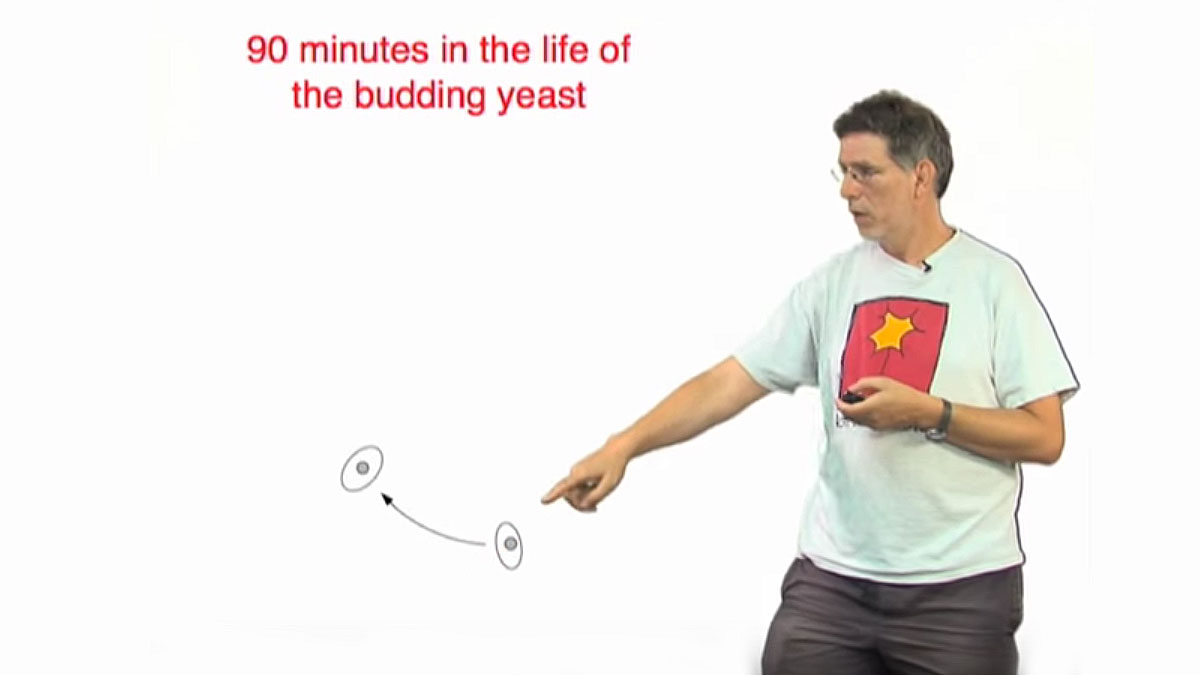
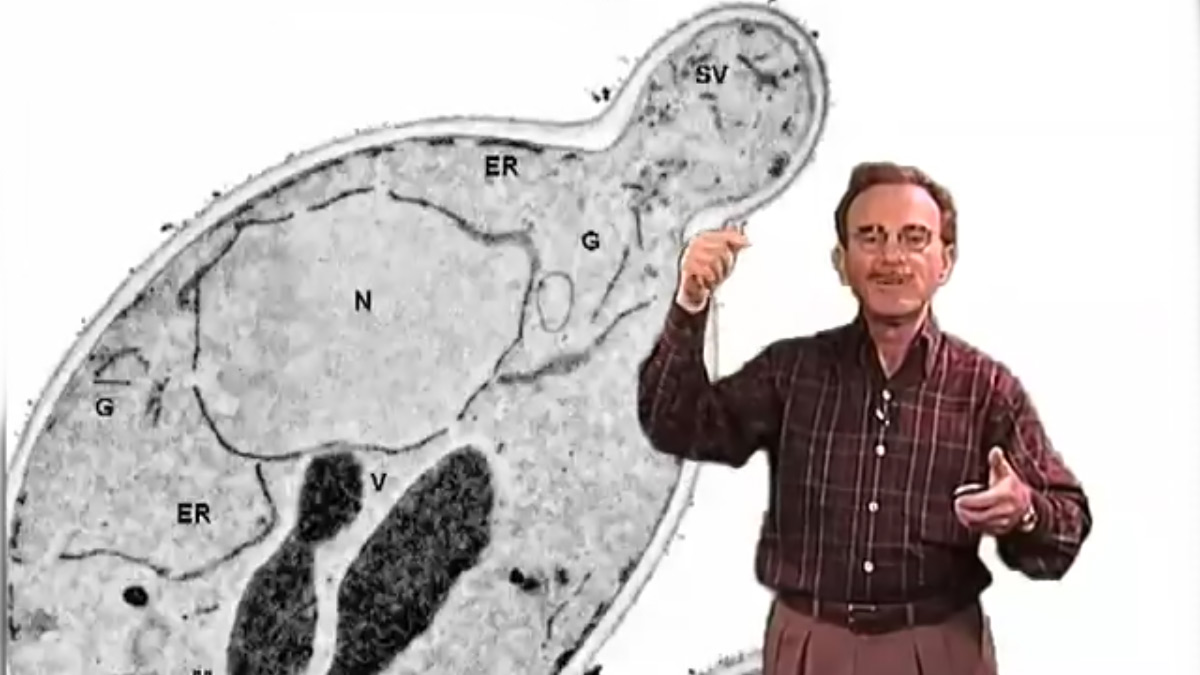




Leave a Reply